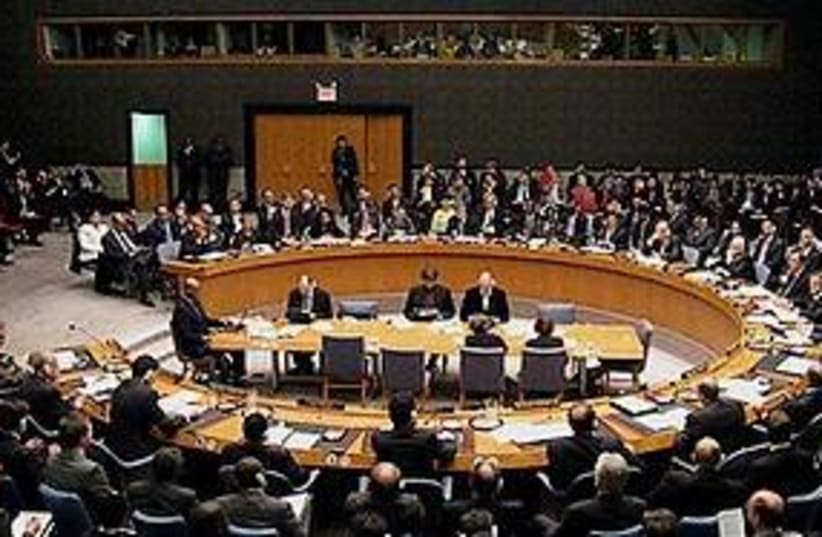The writer is a journalist and commentator.
Time to say thank-you to Congress
In a surprise move, Obama vetoed the UNSC resolution condemning settlements. It’s time for Israel to say thank you, and the best way would be for Netanyahu to propose cutbacks in American aid, thereby strengthening the alliance with the US.

The writer is a journalist and commentator.